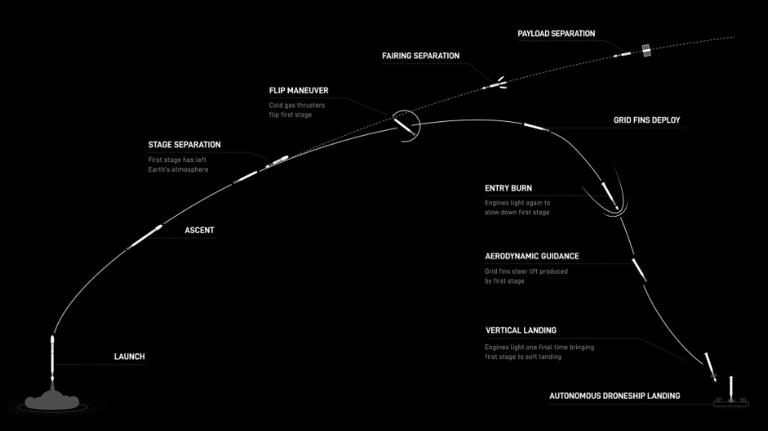
Confidence in the construction sector fell substantially in August, a Central Bank of Malta report reads, however notwithstanding this decrease, it remained well above its long-term average.
In September, the Central Bank of Malta’s Business Conditions’ Index (BCI) remained unchanged when compared with the previous month, but continued to suggest slightly above-average conditions.
Economic sentiment rose above its long-term average during the month. Higher confidence in the services and industrial sectors offser lower sentiment across all other subcomponents, notably in construction, which fell substantially to 14.3 from 24.7, the report read. “Notwithstanding this decrease, it remained well above its long-term average of – 12.6.” The construction confidence indicator is the arithmetic average of the seasonally-adjusted balances (in percentage points) of replies to two survey questions, namely those relating to order books and employment expectations over the subsequent three months.
Additional survey data shows that the share of respondents anticipating an increase in prices in the next three months increased significantly compared with the preceding month.
In August, the number of inbound tourists increased by 7.2% on the preceding year, following an increase of 5.2% in July. Consequently, nights stayed grew by 5.8%, following a 1.6% rise in the previous month. This increase reflected a rise in nights stayed in rented accommodation, particularly in the “other rented” category. Tourist spending in Malta grew by 2.8% in annual terms, following a 1.8% increase in July.
Similarly, the volume of retail trade grew significantly on a year earlier, rising by an annual 6.2%, following a 6.7% increase in July.
Customs data show that the merchandise trade deficit narrowed to €270.9 million in August, from €339.2 million a year earlier. This improvement was driven by an increase of €80.3 million in exports, whereas imports rose by €12.1 million.
The rise in the former was mainly driven by higher exports of machinery and mechanical appliances and higher fuel re-exports. At the same time, imports edged up on account of a substantial increase in registrations of ships and boats, which more than offset a notable decline in fuel imports.
In the first eight months of 2019, the visible trade gap widened by €627.1 million on the same period of 2018, reaching €2,726.5 million. This widening was mostly due to a significant increase in registrations of sea vessels. Excluding transactions related to ships, the trade deficit would have narrowed by €261.1 million.
Conditions in the labour market continued to be favourable, with the number of registered unemployed and the unemployment rate remaining low from a historical perspective. Jobsplus data show that the number of persons on the unemployment register stood at 1,645 in August, slightly down from 1,654 in July, and lower than 1,787 a year earlier.
In August 2019, the Consolidated Fund recorded a surplus of €209.9 million, an increase of €95.8 million when compared with the surplus registered in August 2018. This occurred due to an upsurge in revenue which complemented a fall in expenditure.
Total government revenue increased by €61.2 million, or 13.2% in annual terms, mainly due to higher inflows from direct and indirect tax revenues. The former rose by €25.9 million, as a decline in social security contributions was more than offset by a rise in income tax.
Government expenditure declined by €34.6 million, or 9.9% when compared with August 2018. This predominantly reflected lower recurrent expenditure, which decreased by €39.6 million, mainly attributed to timing issues regarding programmes and initiatives. Meanwhile, capital expenditure increased by €4.9 million when compared with same month of 2018, reflecting ongoing spending on infrastructural projects.












